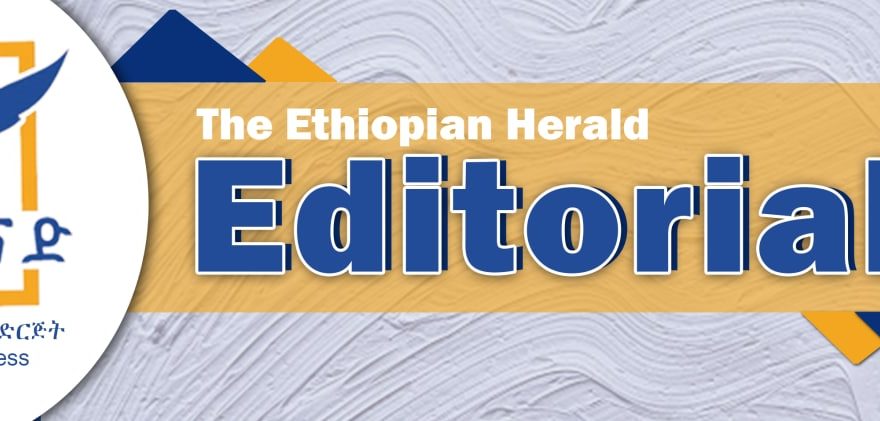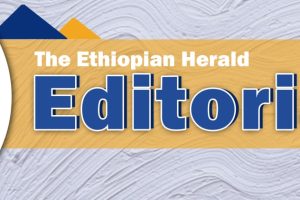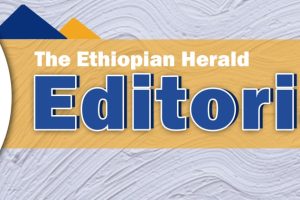
Today, Ethiopians are celebrating the first day of their New Year, Enkutatash, warmly and colorfully.
They are celebrating Enkutatash with a positive vibe hoping that every New Year comes with new hope; and aspiring for the New Year, 2017 E.C, to be a new chapter their ambitions be realized,
In fact, despite some challenges, the concluded year was a time filled with several impressive achievements. Following the Home Grown Economic Reform program, significant achievements were witnessed across major economic areas, such as the agricultural, manufacturing, mining, and tourism sectors among others.
For instance, as Prime Minister Abiy Ahmed stated at the 28th regular session of the House of People’s Representatives (HPR), held a month ago, the country has seen promising progress in various sectors. It has experienced a 14% increase in service exports; a 4.8% increase in remittance and a 10.5% increase in Foreign Direct Investment (FDI) earnings. Likewise, the gap between exports and imports narrowed at the concluded year.
During the fiscal year, it was possible to register remarkable economic progress over a 7.9% economic growth in the concluded fiscal year.
Equally important, last year was a time that decisive steps were taken in the country. To mention a few, the scheme devised to increase wheat production through irrigation has yielded tangible returns. These days many of the barren lands that never produced wheat in their history, such as Semera, have started growing wheat supported by irrigation. This intervention, by lessening the challenges of the wheat deficit, has elevated the country’s agriculture system to a higher level – to produce surplus products, substitute imports, and generate jobs.
The rice cultivation started by drawing lessons from the success story of wheat production, “YeLemat Tirufat” an initiative launched to ensure food sufficiency at the household level is also demonstrating encouraging progress.
2016 was also a historic year the 3rd and 4th turbines of the Abbay Hydroelectric Dams went operational and started power generation.
Most importantly, the Addis Ababa Corridor Development Project launched to change the facelift of the capital Addis Ababa, and make it a livable and energetic city by upgrading its outdated drainage systems, and utility networks is compelling the city’s dwellers and visitors raise eyebrows.
The most surprising thing is that the implementation of some of the projects such as the Piassa and Arat Kilo routes is being completed within the set timeframe, have shown how the government is committed to accomplishing projects with efficiency and how the working culture of the people changed for the better.
Irrefutably, the projects have transformed the city’s planning, created a healthier and livable environment, enhanced its beauty, and laid the foundation for future prosperity.
However, the achievements were not gained without challenges; but with lots of drawbacks. Obstacles such as a shortage of foreign currency and conflicts in some parts of the country have restrained our efforts and challenged us not to work to our full potential and realize our goals.
Hopefully, the effective implementation of the National Dialogue and the Transitional Justice policy coupled with the recently launched comprehensive macroeconomic reform policy would resolve those challenges and brighten the future of Ethiopia.
And as we step into the New Year, we, Ethiopians, should renew our commitment, and hold the greatest promise to resolve our differences peacefully, sustain the ongoing development activities, and make this year both productive and fulfilling.
THE ETHIOPIAN HERALD WEDNESDAY 11 SEPTEMBER 2024



